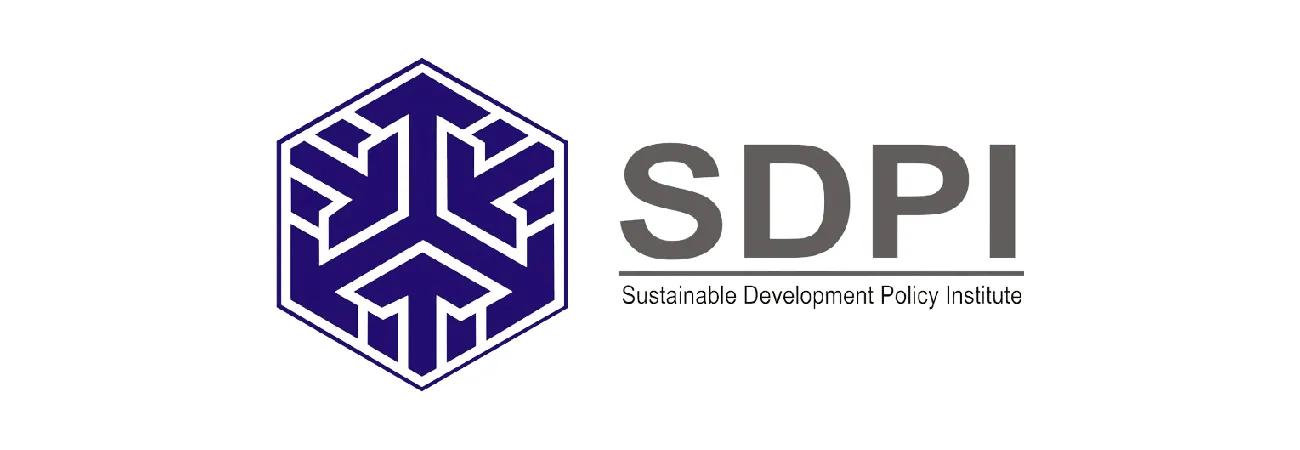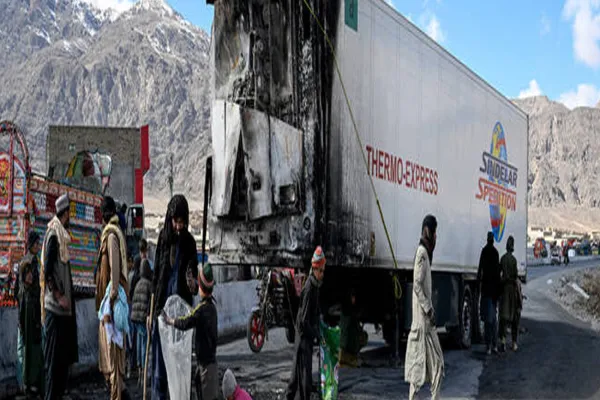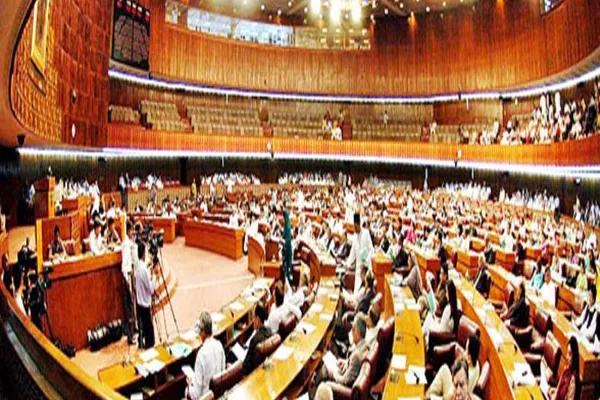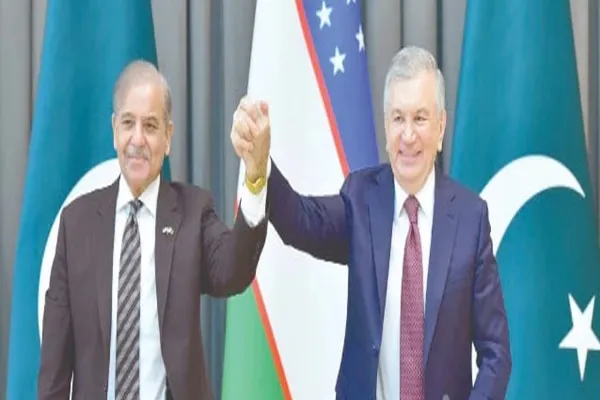i NEWS PAKISTAN
Harnessing regional cooperation agreements can bridge the energy security gap, promote the clean energy transition, and address many of the financing issues. This was the crux of a roundtable discussion titled, “Supporting Energy Security in Pakistan and Transition to Sustainable Sources through Regional Cooperation” organized by Sustainable Development Policy Institute and Friedrich Naumann Foundation here today. Speaking at the discussion, Dr Hassan Daud Butt, Senior Advisor and Research Fellow, SDPI said that accelerating regional energy projects can ensure energy affordability and access as each country has their own peak and excess energy periods which can be capitalized to meet net demand. He stressed that developing resilience to inflationary and other shocks requires better understanding for pragmatic leaders, conducting need assessments and enhancing the capacity of energy supply and regulatory bodies, sharing, and building on regional best practices.
He further added that regional procedures, technologies, and management practices for energy companies must be standardized across region and streamline financing mechanisms as well. Ahsan Javed, Research Fellow (Renewable Energy), SAARC Energy Centre, highlighted that the region is rich in renewable energy with ample scope for extraction of the untapped potential through mutual collaboration. He stressed on regional cooperation in the areas of research and training for adopting solution driven approaches, joint policies and projects, compiling research, data and best practices that can be scaled up, and collaborations with international financial institutions to redirect investments for clean energy projects. Masood Ul Mulk, CEO of Sarhad Rural Support Programme, said that promoting community-led power projects is challenged by cultural and geographical diversity among impoverished communities in the country.
This necessitates adopting flexible policy models for these projects, bringing the appropriate technology, and building capacity of the community power projects to ensure their sustainability. Sherzad Khan, Coordinator, Aga Khan Development Network informed that AKDN has so far powered 8000 households in Gilgit Baltistan and Chitral through micro and mini hydropower projects. He called for improving transmission and distribution infrastructure to reduce losses and increase energy access. He further said that climate change will inevitably impact the efficacy of micro and mini hydropower projects and exacerbate energy challenges of low-income households and urged solar solutions to avert energy crisis in impoverished regions. Kosar Bano, Gender and Adaptation Specialist at ICIMOD, remarked that women and children are undeniably most vulnerable to climate change and its impacts, possess limited adaptive capacities and are their health and well-being are further undermined due to lack of access to clean cooking fuels.
She recommended infusing Gender Equality & Social Inclusion in energy policies and planning, leveraging gender-disaggregated data, ensuring meaningful engagement of women & marginalized groups, and building on the knowledge and efforts of national women-led organizations. Energy expert Asad Mahmood, emphasized on elevating government-to-government agreements for collaboration in energy sector, prioritize technology transfer, exchange of research and knowledge on clean energy to find viable solutions to for energy-intensive industries. Najamul Hasan Memon, stressed on Harnessing soft power politics for robust regional energy cooperation and models among SAARC countries, and facilitating knowledge exchange between communities and regulators and leveraging corporate social responsibility with community energy access.
Credit: Independent News Pakistan (INP)









